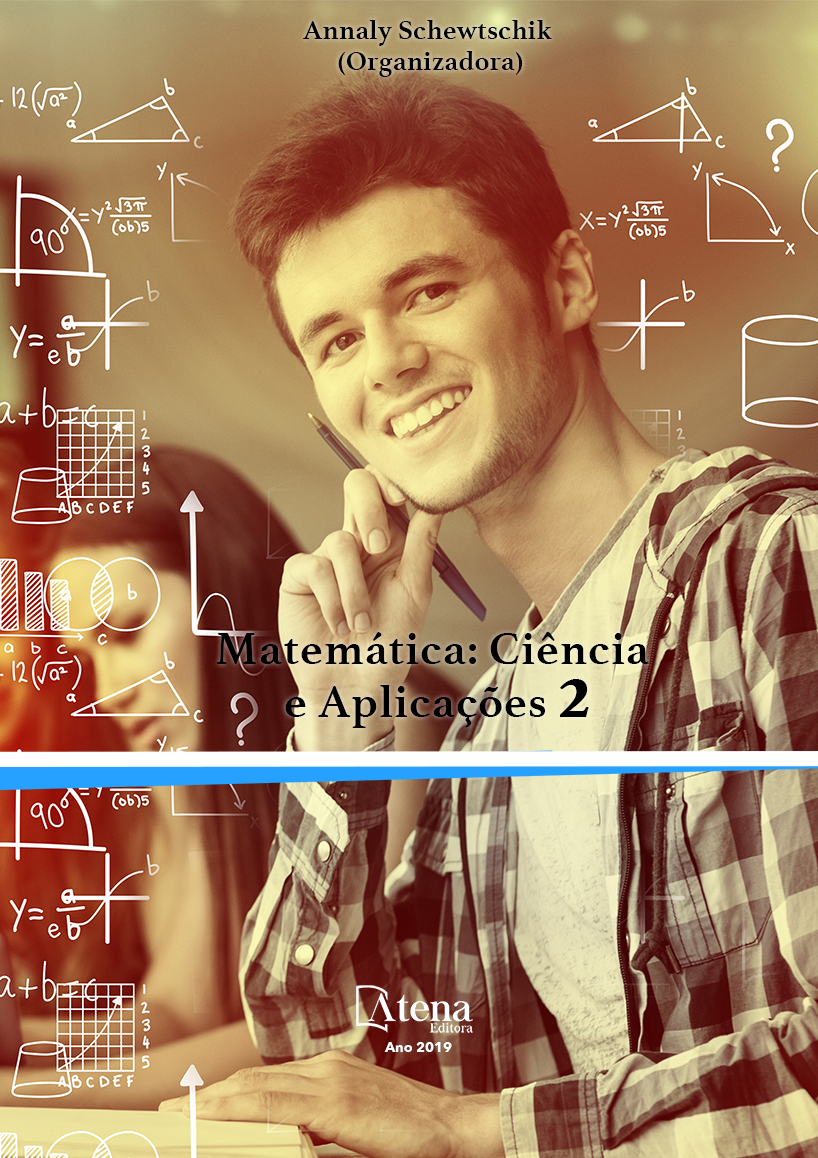
APRENDIZAGEM DA ÁLGEBRA NA EDUCAÇÃO BÁSICA: reflexões sobre seu ensino a partir de atividades exploratórias.
O presente capítulo tem como
propósito investigar e relacionar competências
e habilidades apresentadas por estudantes do
nono ano do Ensino Fundamental e terceiro
ano do Ensino Médio, ao valer-se da linguagem
algébrica para manipular situações matemáticas.
A metodologia aplicada é de caráter qualitativo e
buscou-se fazer uma análise comparativa entre
grupos de estudantes dos dois níveis de ensino,
um do nono ano do Ensino Fundamental, e o
outro do terceiro ano do Ensino Médio. Todas
as atividades foram desenvolvidas no âmbito
do programa Observatório da Educação
(OBEDUC) da Universidade Federal do ABC
(UFABC). Assim, possibilitou-nos compreender
se há afinidades entre os grupos de estudantes,
ao descreverem suas ideias quanto ao método
de resolução das atividades propostas. As atividades adotadas nesta investigação têm
como objetivo discutir os diferentes critérios
apresentado por estudantes ao reproduzir e
manipular situações matemáticas envolvendo
concepções de álgebra. Concluímos que os
grupos chegaram a uma etapa importante
no progresso do pensamento algébrico, com
significativa presença de procedimentos
aritméticos. Analogamente, comporá um
estimulante para os professores na reflexão
sobre suas práticas docentes, não apenas
no campo da Álgebra, mas também em
outras abordagens relacionadas à teoria do
“Conhecimento Matemático para o Ensino”
(Mathematical Knowledge for Teaching - MKT),
que a nosso ver é fundamental aos professores
quando desenvolvem suas funções ao ensinar
APRENDIZAGEM DA ÁLGEBRA NA EDUCAÇÃO BÁSICA: reflexões sobre seu ensino a partir de atividades exploratórias.
-
DOI: 10.22533/at.ed.22019140213
-
Palavras-chave: Ensino e Aprendizagem; Álgebra; Ensino Fundamental e Médio
-
Keywords: Teaching and Learning; Algebra; Middle School and High School.
-
Abstract:
The following chapter has the
purpose of investigating and relating the
capability and abilities presented by ninth (9th)
grade of elementary Middle School students
and High School seniors (third year of High
School), availing of algebraic language to
manipulate mathematic situations. The applied
methodology is of qualitative character and was
sought to make a comparative analysis between
groups of students from two different education
levels, one from Middle School, and the other from High School. All activities were developed in the Observatório da Educaçãos
(OBEDUC) [Observatory of Education] field, from the ABC Federal University (UFABC).
This made it possible for us to comprehend if there are affinities between both student
groups, by having the students describe their ideas regarding the resolution method of
the proposed activities. The activities adopted in this investigation have a main objective
in the discussion of the different criteria presented by students when reproducing and
manipulating mathematic situations involving algebraic conceptions. We concluded
that both groups have arrived at an important stage in the algebraic thinking progress,
with significant presence of arithmetical procedures. Analogously, we will compose a
stimulant to teachers in the reflection of their teaching practices, not only in the Algebra
field, but also in other approaches related to the Mathematical Knowledge for Teaching
- MKT theory, which is, in our perspective, fundamental to teachers when developing
their teaching tasks.
-
Número de páginas: 15
- Francisco Erivaldo Rodrigues Gomes
- Caroline Miranda Pereira Lima
- FRANCISCO JOSÉ BRABO BEZERRA


